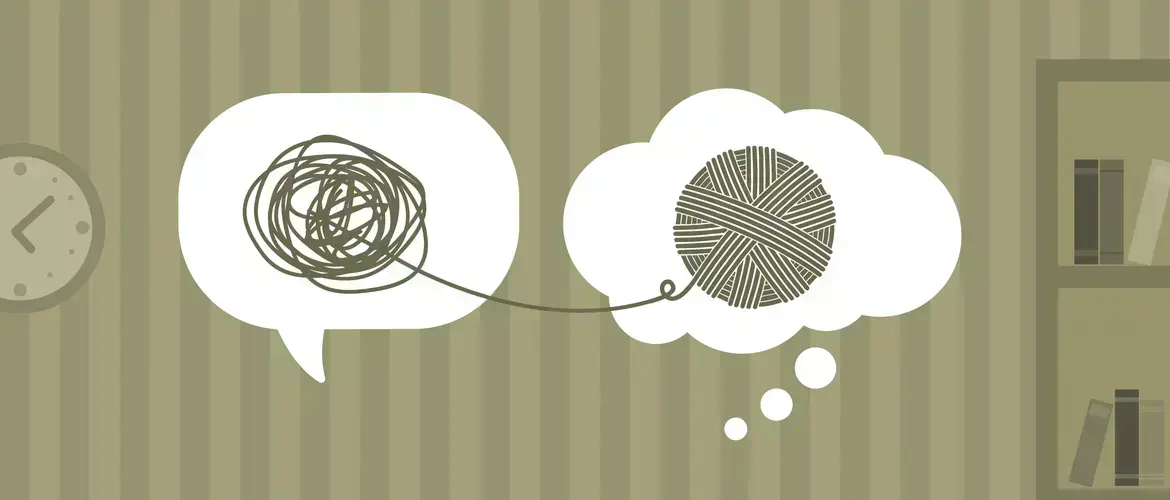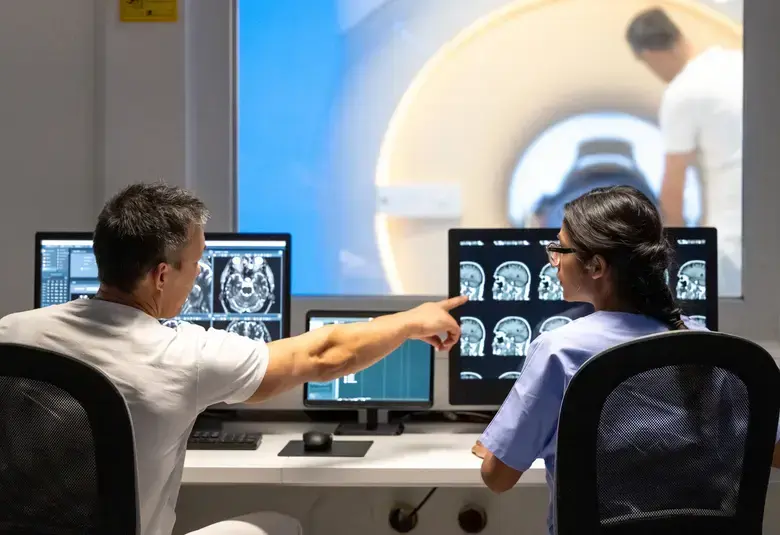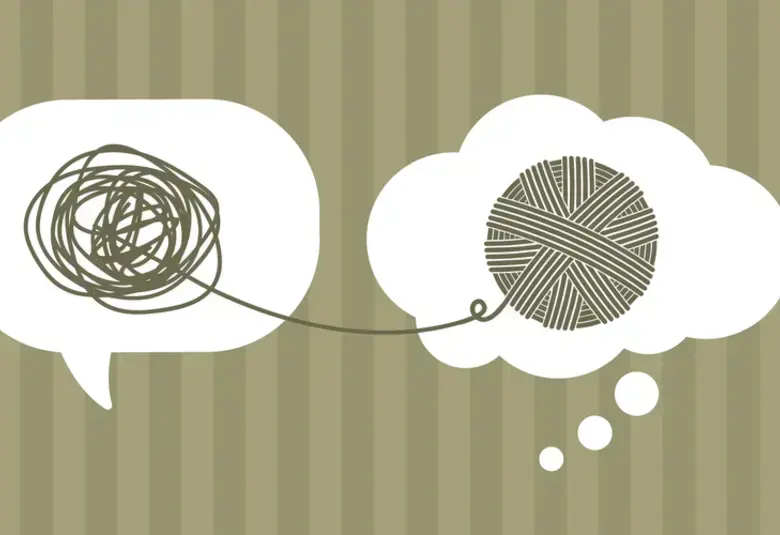Prescribing beyond the pills
National Institute for Health and Clinical Excellence (NICE) Clinical Guidance (CG90)
영국 국립보건임상연구원(NICE: National Institute for Health and Clinical Excellence) 임상 지침(CG90)
"For people with persistent subthreshold depressive symptoms or mild to moderate depression, consider offering one or more of the following interventions, guided by the person’s preference:1
“지속적인 약한 우울증상(subthreshold depressive symptoms) 또는 경증 내지 중등도 우울증 환자의 경우, 환자 개개인의 선호도에 따라 다음의 방법 중 한 가지 이상의 치료 시행을 고려해야 합니다.1
- Individualised guided self-help based on the principles of cognitive behavioural therapy (CBT)
- 인지행동치료(CBT) 원칙에 기반한 개별화된 자립 활동(self-help)
- Computerised cognitive behavioural therapy (CCBT)
- 컴퓨터 기반 인지행동치료(CCBT)
- A structured group physical activity programme
- 조직적인 집단 신체활동 프로그램
Treatment for major depressive disorder is as diverse as the condition itself.2
주요우울장애는 질병이 갖는 다양성만큼 치료법 또한 다양합니다2
"For people with moderate or severe depression, provide a combination of antidepressant medication and a high-intensity psychological intervention (CBT or IPT)1"
"중등도 내지 중증의 우울증 환자의 경우, 항우울제를 처방하면서 동시에 고강도 심리치료(CBT 또는 IPT)를 시행해야 합니다.1"
Treatment for major depressive disorder is as diverse as the condition itself.2
주요우울장애는 질병이 갖는 다양성만큼 치료법 또한 다양합니다.2
For patients presenting with mild to moderate depression, psychotherapy is one of the treatment options recommended by NICE. For more severe cases, psychotherapy remains an important aspect of treatment, administered alongside pharmacotherapy.3
경도 내지 중등도 우울증에서 심리치료는 NICE가 권장하는 여러 치료 방법 중 하나이며, 중증 우울증의 경우 심리치료가 약물요법과 함께 치료의 중요한 부분을 차지합니다.3
A range of psychological interventions are available for patients with depression, but the most common therapies used in practice are described below:
우울증 환자에게 다양한 방법의 심리치료를 시행할 수 있는데, 그 중 가장 널리 사용되는 치료방법은 다음과 같습니다.
Cognitive behavioural therapy (CBT, 인지행동치료)
CBT is based on the propositions that cognitive functioning affects behaviour, can be monitored and changed and that desired behaviour change can be achieved through cognitive change.3 CBT has demonstrated limited efficacy in reducing depressive symptoms.4
CBT는 인지기능이 행동에 영향을 미치며, 모니터링되고 변화될 수 있으며, 인지 변화를 통해 목표한 행동 변화를 유도할 수 있다는 전제를 토대로 합니다.3 CBT가 우울증상 감소에 효과가 제한적이라는 점은 잘 알려져 있습니다.4
Interpersonal therapy (IPT, 대인관계치료)
The goal of IPT is to address interpersonal issues within important relationships including family and peers.5 IPT is an effective treatment for depression both alone and in combination with pharmacotherapy.6
IPT는 가족과 동료처럼 중요한 관계 내 대인관계 문제를 다루는 것을 목표로 합니다.5 IPT는 단독으로도, 그리고 약물 치료와 병용하는 경우에도 우울증을 치료하는 데 효과적입니다.6
Mindfulness-based cognitive therapy (MBCT, 마음챙김 기반 인지치료)
MBCT is a psychotherapy that has been shown to successfully reduce relapse in depression by up to 34%.7 It combines psychological and educational aspects of CBT with meditation components of mindfulness-based stress reduction.8
MBCT는 우울증 재발을 최대 34%까지 감소시킬 수 있는 심리치료 방법입니다.7 MBCT는 CBT의 심리적 및 교육적 측면에 마음챙김-기반 스트레스 감소의 명상 요소를 더한 것입니다.8
For more information on the role that psychological therapies can play in the treatment of depression, read the clinical guidance from NICE here.
우울증 치료에서 심리적 치료의 역할에 관한 추가 정보는, NICE의 임상 지침(링크)을 참고하세요.
Psychodynamic therapy (PDT, 정신역동치료)
PDT involves guided self-help to manage unconscious behavioural patterns. Some evidence suggests that PDT may be effective in depression and could be provided online.7,8 Efficacy of short-term psychodynamic therapy in the treatment of depression has also been demonstrated through a meta-analysis of 23 studies.9
PDT는 무의식적인 행동 유형을 관리하는 자립 활동(Guided self-help)을 수반합니다. PDT가 우울증에 효과가 있음을 뒷받침하는 몇 가지 근거가 있으며, 이는 온라인을 통해 제공될 수 있습니다.7,8 우울증 치료에서 단기 정신역동치료의 효과는 23건의 임상시험에 대한 메타분석을 통해서도 입증된 바 있습니다.9
For more information on the role that psychological therapies can play in the treatment of depression, read the clinical guidance from NICE here.
우울증 치료에서 심리치료의 역할에 관한 추가 정보는, NICE의 임상 지침(링크)을 참고하세요.
본 자료는 Global Lundbeck 의학부에서 선별한 학술대회 콘텐츠이며, 한국룬드벡의 의견과 다를 수 있습니다




